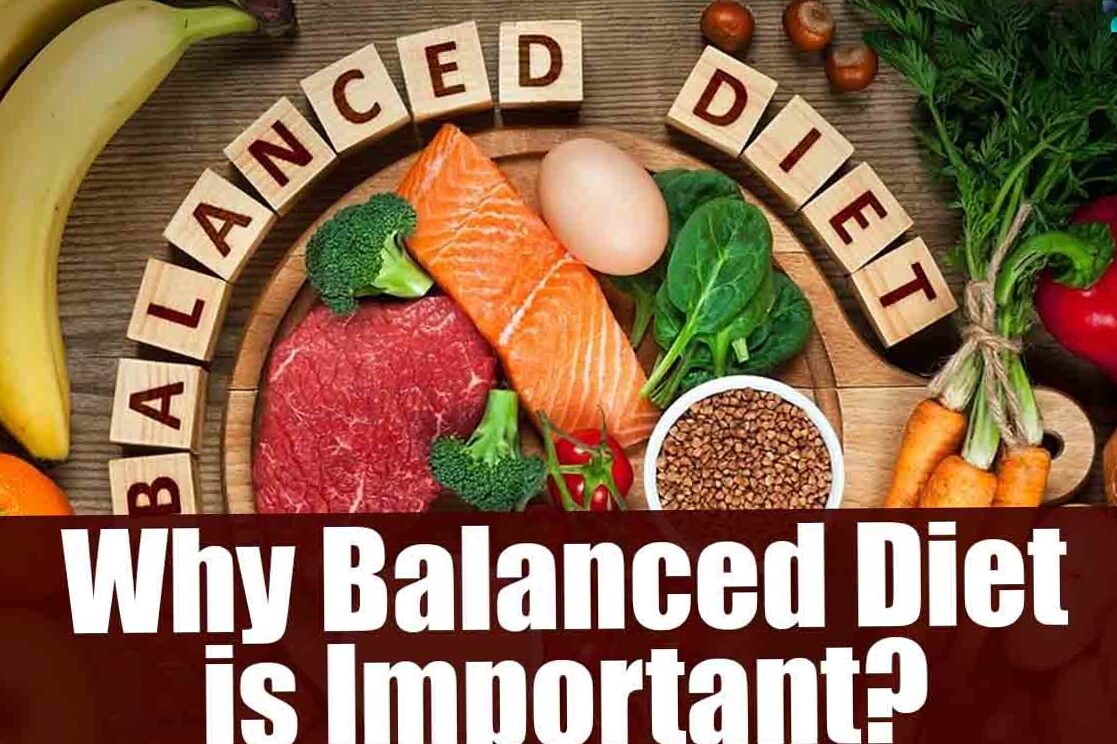In a world where physical and mental well -being is increasingly appreciated, the importance of nutrition in our mental health is often underestimated.
Chez wistropa1We firmly believe that food has a crucial role in our mood and in our general well -being.
In this article, we explore the connections between Nutrition and mental healthoffering you practical advice to improve your diet and, therefore, your well -being.
The link between nutrition and mental health

Many studies show that what we eat can influence our mood, our level of energy and even our ability to manage stress.
A diet rich in essential nutrients, such as omega-3 fatty acids, vitamins B and minerals such as magnesium, is associated with better mental health.
On the other hand, a diet rich in added sugars and fatty
Saturi can have harmful effects on our mood and our emotional well -being.
Saturated fatty acids
The effects of nutrition on mood
It is fascinating to see how our diet can adapt our mood.
For example, studies have shown that people who regularly consume foods rich in omega-3 fatty acids have fewer depressive symptoms.
Likewise, a diet rich in fruit and vegetables is associated with higher levels of life satisfaction.
The impact of nutrients on neurotransmitters, who regulate our emotions, is also important.
Serotonin, often called “the hormone of happiness”, is produced by tryptophan, an amino acid present in foods such as nuts, dark chocolate and dairy products -caseari.
A lack of these nutrients can therefore cause emotional imbalances.
Nutrients
Key nutrients for the brain
- Omega-3 fatty acids : Present in fat fish, walnuts and flax seeds, they are essential for the optimal operation of the brain. They can help reduce the symptoms of depression and anxiety. Studies have shown that the addition of Omega-3 in food can also be as effective as some antidepressants.
- Group B vitamins : Vitamins B, in particular B6, B12 and folic acid, play a crucial role in the production of neurotransmitters, who regulate our mood. They are found in green leafy vegetables, legumes and whole grains. Studies have also revealed that insufficient levels of these vitamins are linked to mood disorders.
- Antioxidants : Colorful fruit and vegetables, rich in antioxidants, help fight oxidative stress, a factor that can contribute to mental health problems. Studies show that people consuming a wide variety of fruit and vegetables have a reduced risk of depression.
- Protein : Foods rich in protein, such as lean meat, eggs and legumes, are important for the production of neurotransmitters that maintain well -being. The amino acids contained in proteins are essential for dopamine and serotonin synthesis, two key neurotransmitters related to mood regulation.
- Minerals : Minerals such as magnesium and zinc also play a crucial role in mental health. Magnesium, present in green leafy vegetables, walnuts and seeds, is linked to the regulation of neurotransmitters and can help reduce anxiety.
Practical suggestions to improve your diet
- Balance your meals : Aims to include a source of proteins, complex carbohydrates, healthy fats and vegetables in every meal. For example, a quinoa bowl with grilled vegetables and salmon is an excellent choice.
- Hydrate : Water plays a key role in the functioning of our brain. Make sure you drink enough during the day. Even the dehydration of light can affect concentration and mood.
- Promote full food : Opt for unlimited foods, such as fruit, vegetables, whole grains and lean proteins. Avoid the foods rich in added sugars as much as possible.
Conclusion
Nutrition and mental health they are intimately linked.
A balanced diet, rich in essential nutrients, has the potential To improve our emotional well -being and supports our mental health.
By integrating Omega-3 fatty acids, vitamins B, antioxidants and proteins in your diet, not only can you strengthen your body, but also feed your mind.
Chez wistropa1We recognize that the path to optimal well -being requires a holistic approach, which combines nutrition, exercise and stress management.
By adopting healthy eating habits and integrating regular physical activity in your routine, you can create a virtuous circle that promotes your physical and mental health.
We encourage you to explore the various food options and find those you like while nourishing your body.
Both through group lessons, training sessions with weights or moments of relaxation, wistropa1 It is there to accompany you on your journey to a healthy and balanced lifestyle.
Remember that taking care of you is a journey and every little step matters.
So start making enlightened choices for your diet and your well -being today.
Your mind and body will thank you!
Join us in our sports halls and find out how a committed community can help you achieve your health and happiness goals.
latest posts published

Do difficult things!

Does yoga start alone, at home, good or bad idea?

Connected watches: take off!

How to alleviate and avoid them

How to lose your thighs? Exercises, suggestions and nutrition

Remote to sport in winter, the light track!

Solutions, exercises and suggestions to help you!

Substitutes of meals: real slimming allies?

Dry January: Return of experience!


